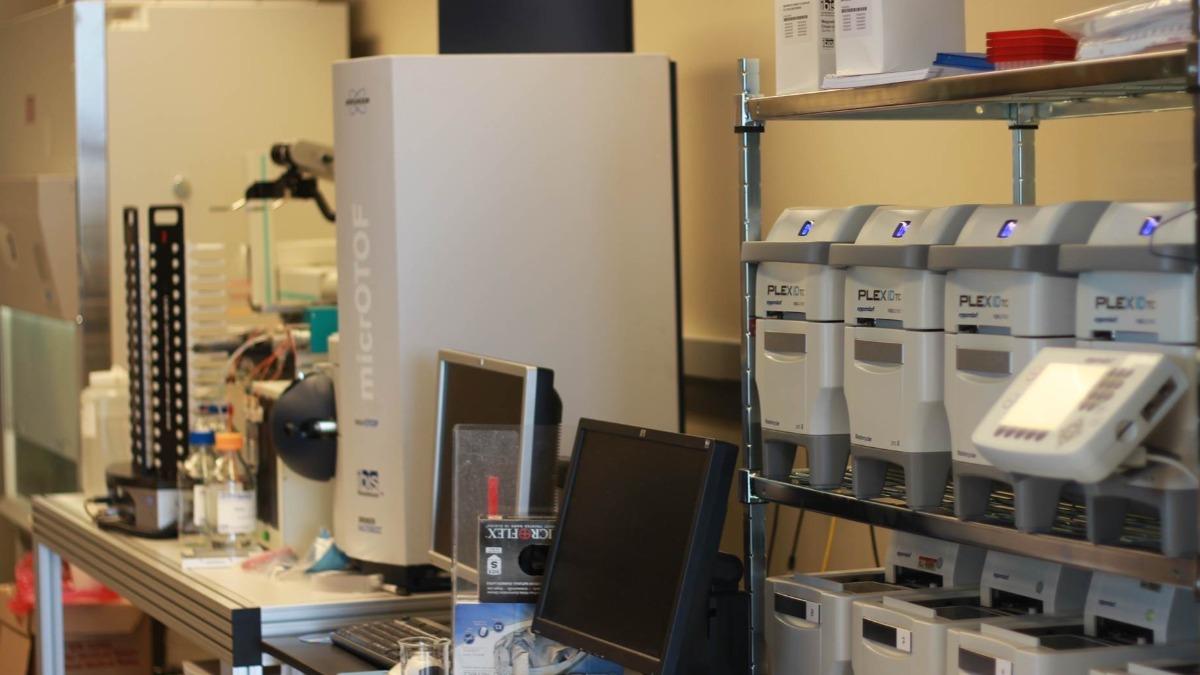"Informed AI News" is a news aggregation platform based on AI, aiming to provide users with high-quality news content that has been carefully selected and organized. It analyzes a vast array of news sources, filtering out low-quality or untrustworthy information to ensure that users receive accurate and timely news. Find out more >>
Research reveals the association between H3N2 influenza virus gene reassortment and severe cases.
- summary
- score

New Breakthrough in Research on Influenza H3N2 Virus
Over a decade of collaboration between Chang Gung Memorial Hospital, Chang Gung University, and Johns Hopkins University has unveiled the genetic recombination phenomenon in the H3N2 influenza virus strain. This recombination enhances the virus's replication capabilities and virulence, rendering the human body nearly defenseless against it, leading to a higher risk of severe illness.
Through whole-genome sequencing and phylogenetic tree analysis, the study identified significant genetic recombination in the H3N2 virus samples from the 2017-2018 U.S. influenza outbreak. Experiments confirmed that the recombinant H3N2 virus exhibits extremely strong replication capabilities in human nasal epithelial cells, indicating a high risk of severe complications.
The research, integrating artificial intelligence technology, eliminated confounding factors and established a direct link between recombinant viruses and severe illness. The findings were published in "The Lancet Microbe," with significant implications for the development of influenza vaccines and the formulation of public health strategies.
Given the significant rise in severe cases and mortality rates during the 2023-2024 flu season, accurately identifying the virus strain and adjusting vaccine components accordingly are crucial for prevention and control.
| Scores | Value | Explanation |
|---|---|---|
| Objectivity | 6 | 研究基于科学数据和实验,提供了客观的分析和结论。 |
| Social Impact | 4 | 研�究可能影响流感疫苗开发和公共卫生政策,具有一定的社会影响力。 |
| Credibility | 5 | 研究由权威机构进行,发表于知名期刊,具有高可信度。 |
| Potential | 5 | 研究结果可能促进流感疫苗的改进,降低重症风险。 |
| Practicality | 4 | 研究对流感疫苗和公共卫生策略有直接应用价值。 |
| Entertainment Value | 2 | 内容偏向科学研究,娱乐性较低。 |